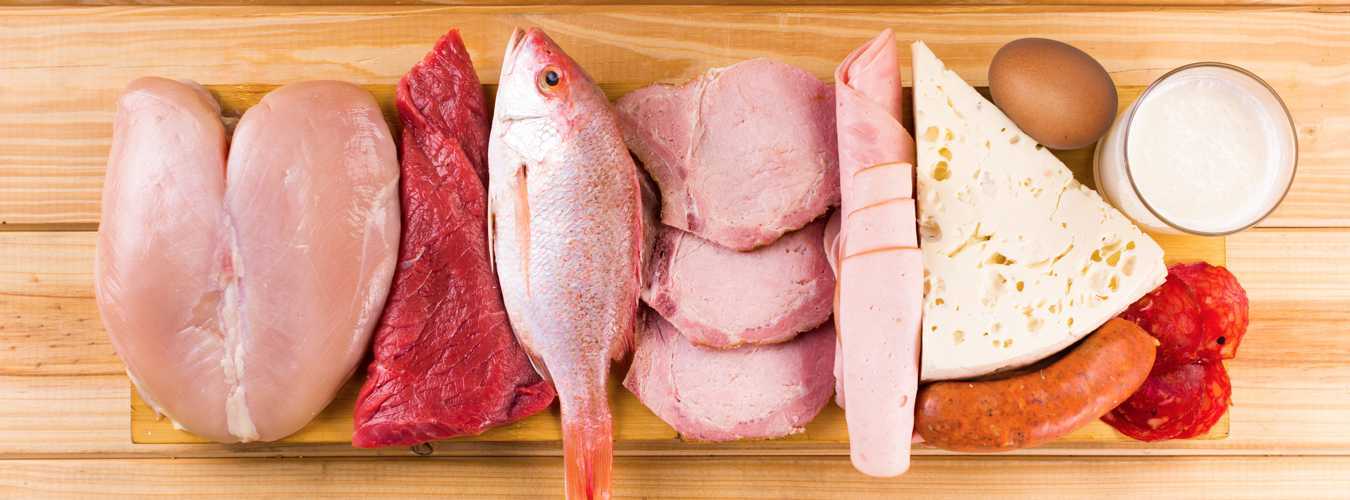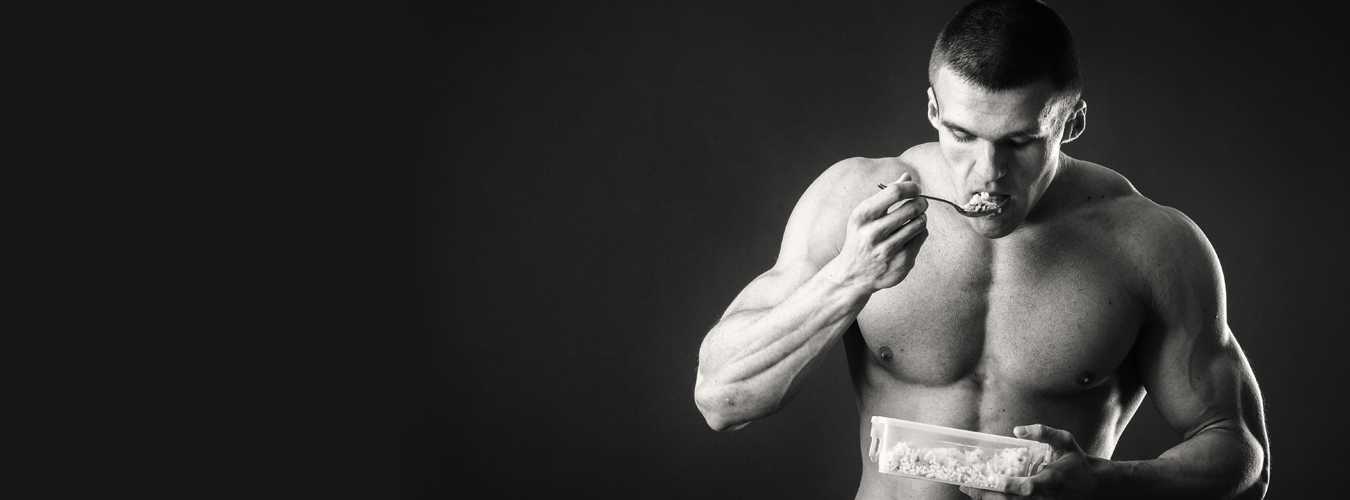The Importance of Zinc for Immune Support and Recovery
6 November 2025
Hello Ziddis! People who take their fitness seriously often talk about their carb cutting, protein intakes, electrolyte-enriched hydration or vitamin supplements, but one of the essential minerals that often goes unnoticed is Zinc! This trace mineral plays a super important role in everything functional, like building muscles, repairing tissues, and even keeping your immune system strong and healthy. Whether you are a regular gym-goer or just aiming to stay healthy, zinc deserves a permanent spot in your nutrition plan. In this blog, we will know why that is so.
Zinc for Immunity
Your immune system is your body’s first line of defence. Zinc acts like the commander-in-chief of that army. Zinc helps in activating and regulating your immune cells, aka T-cells. They are the natural killer cells that identify and destroy harmful pathogens entering your body.
If you do not have balanced levels of zinc in your body, your immune system can become weak and sluggish, leaving you more vulnerable to infections and diseases and slower recovery from illness or an intense workout.
When you indulge in an intense workout, your muscles experience inflammation and oxidative stress. Zinc helps reduce it. Studies show that athletes who maintain the right zinc levels experience fewer colds and heal faster than others. During times of emotional or physical stress, the zinc requirement increases in your body. This is your cue to have your diet support your zinc needs.
Good dietary sources of zinc are:
- Vegetarian: Pumpkin seeds, Lentils, Chickpeas, Cashews, Tofu and Fortified cereals
- Non-vegetarian: Chicken, Fish, and Eggs
If your diet is heavily plant-based, you should note that phytates in grains and legumes can reduce zinc absorption. To avoid this, soak or sprout these foods to help make zinc more available for absorption in your body.
Signs of Zinc Deficiency
Even though zinc is required in small amounts, a deficiency of zinc can have big impacts. Since your body does not store zinc, you need to consistently consume it through food or supplements. Some common signs of zinc deficiency are:
- Easily catching a cold or a fever
- Slow wound healing
- Loss of appetite or taste changes
- Hair thinning or loss
- Acne or dry skin
- Low energy and poor concentration
- Muscle weakness or prolonged soreness after workouts
- Allergic reaction to many foods, substances and environmental changes
If these signs feel relatable, it is best to get yourself checked.
What can cause zinc deficiency?
- Extreme physical strain or intense training
- Vegetarianism due to a lack of certain minerals in veg food,
- People under high stress are particularly at risk.
- Sweat loss during long workouts can also contribute to zinc depletion.
How Zinc Helps Recovery
Every intense workout leaves its mark on you: some gains, some micro-tears. Your muscles need to recover through those processes that happen when the fibres repair and grow stronger. Zinc is essential for this process. It helps in protein synthesis, cell repair and enzyme function that rebuild muscle tissues.
Zinc also supports the production of testosterone, which helps in muscle strength and growth, mainly in men. Zinc keeps your body’s antioxidant defences strong, fighting off free radicals produced during exercise that can otherwise damage cells and delay recovery.
Zinc is also involved in collagen synthesis, which benefits joint and tendon health. If you are someone who does a lot of strength or endurance training, zinc will be your best friend. With adequate zinc, you’ll likely notice faster muscle recovery, fewer injuries, and improved overall performance.

Zinc Supplementation Benefits
While you should prefer fulfilling your nutrient needs via food, zinc supplementation can also be very beneficial in your fitness journey, especially if your diet and lifestyle do not align with your zinc needs. Some fitness-focused people use zinc monomethionine, zinc gluconate, or zinc citrate—forms that are better absorbed by the body.
Benefits of supplementing zinc include:
- Stronger immunity
- Enhanced recovery
- Improved hormone balance
- Better metabolism
- Better skin and hair
- Sharper focus and mood
The right dosage of zinc for most adults is 8 to 11 mg every day. Athletes may require a stronger dosage due to the physical stress they undergo. To keep it under the limit, athletes should take around 30 mg per day. If you overdose on zinc, it can interfere with copper absorption and cause nausea or digestive upset.
Always choose a trusted, tested product and preferably consult a nutritionist or doctor to determine the right dose.
Takeaway
Zinc might be small in quantity, but its impact on your fitness, recovery, and immune strength is enormous. It helps your body repair faster, fight infections better, and maintain the energy you need to perform at your best. Just like Omega 3 capsules, Zinc supplementation is a route you can take if you are not getting enough zinc through your diet. Whether you get it from wholesome foods or a supplement, make sure you’re not overlooking this powerful mineral.









 100% Safe & Secure payments:
100% Safe & Secure payments:




